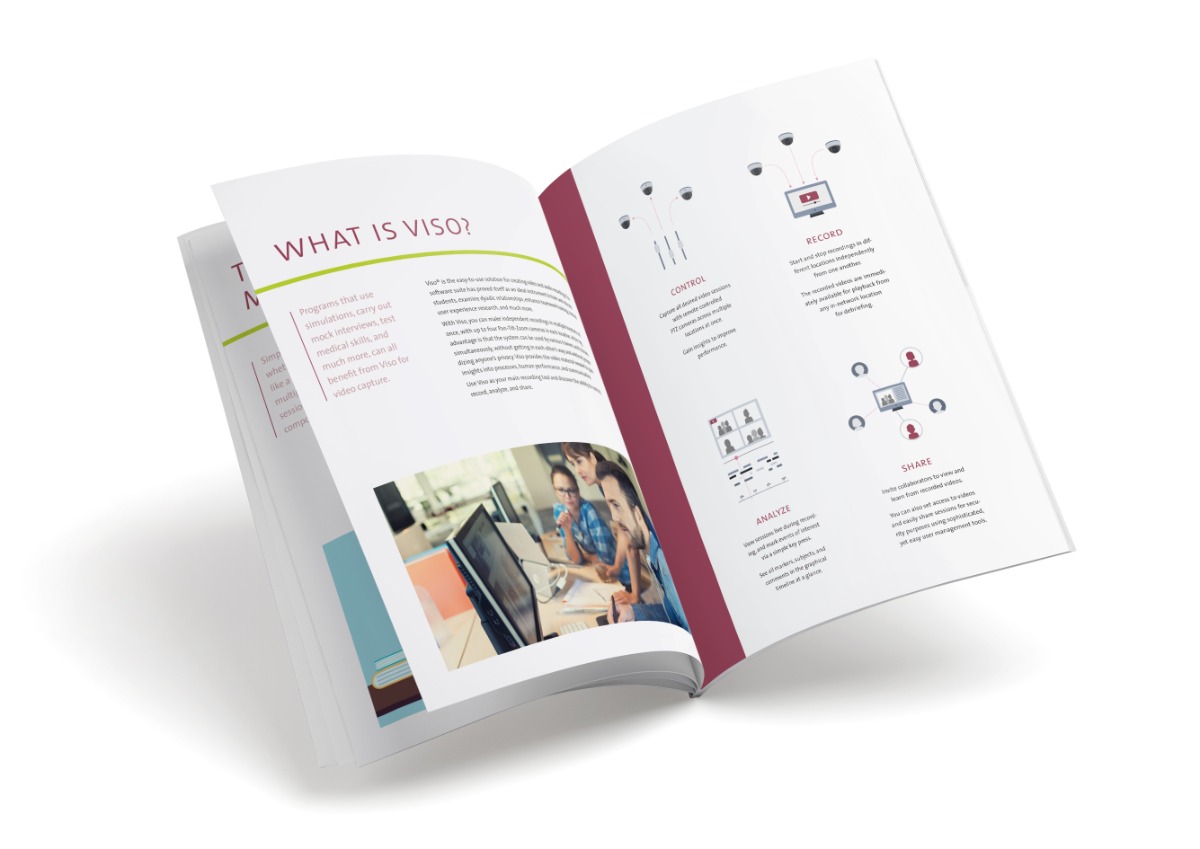
How to train students in soft skills: Tools and Techniques
Soft skills are a vital component of student success in both academic and professional settings. Soft skills involve a person's ability to communicate, collaborate, solve problems, manage time, and work effectively with others. These skills are often essential for success in the workplace and can help individuals develop strong relationships with coworkers, clients, and customers. Therefore, they are highly valued by employers, and they can make a significant difference in whether a student is hired or not.
As a teacher, it is essential to provide students with opportunities to develop their soft skills. In this blog post, we will explore some of the best tools and techniques for training students in soft skills.

Role-playing activities
A great way to help students develop their communication and interpersonal skills is by role-playing activities. In these activities, students take on different roles and scenarios, such as a job interview, teamwork communication, a conflict resolution situation, or a customer service scenario.
Through these activities, students can practice their soft skills and gain valuable feedback from their peers.
Group projects
Assigning students to a project that requires working together and achieving a common goal can be an effective way to help them develop their teamwork, collaboration, and leadership skills. In these projects, students need to complete a task or solve a problem.
For this, they must communicate effectively. They also need to delegate tasks and collaborate with each other. By working in a group, students can learn how to listen to others and provide constructive feedback. Another benefit is that, this way, they build strong relationships with their peers.
Reflective journaling
Reflective journaling is a technique that can be used to help students develop their self-awareness and emotional intelligence. In this technique, students write down or share their thoughts and feelings about their experiences, and reflect on how they can improve and grow as individuals. For this, they can use a journal or reflection worksheet or discuss their experiences and reflections in a group.
By practicing reflective journaling, students can learn to recognize their own strengths and weaknesses, which helps improve their soft skills. Moreover, they become aware of how to manage their emotions, build resilience, and develop a positive mindset.
Feedback sessions
The term feedback has already been mentioned a few times in this blog post. Giving and receiving feedback is essential for developing soft skills and offers students, above all, lots of valuable information. However, it can be very scary and intimidating to give and receive feedback. A student can feel overwhelmed by feedback.
To create a comfortable and constructive feedback culture, teachers should create a safe environment where students feel safe. The provided feedback must be specific, actionable, and focused on areas for improvement. Besides, the teacher should be open to receiving feedback him- or herself as well. This offers the opportunity to demonstrate how to respond to feedback in a receptive and constructive manner.
Video recordings
Video recordings allow individuals to record themselves, review their performances, and make improvements based on self-reflection. This works especially well when you define specific goals or events of interest for each recording session, such as improving active listening, body language, or public speaking.
By watching the recorded videos afterwards, these goals and the performances can be objectively evaluated. Strengths and areas for improvement can be analyzed and specific actions students can take to enhance their soft skills can be identified.
A software tool such as Viso can support teachers in recording training sessions and conducting feedback sessions afterwards.
Also read:
Why use video feedback in education
How to debrief a training session
Effectiveness of video feedback in education
10 reasons why AV tool Viso is beneficial for video feedback [INFOGRAPHIC]
Online resources
There are many online resources available that can help students develop soft skills. For example:
- Online courses specifically focused on soft skills development.
- Podcasts discussing and providing insights, tips, and strategies into various soft skills.
- YouTube Channels and videos on topics like effective communication, time management, public speaking, negotiation skills, and other soft skills.
- Blogs on personal and professional growth.
While these online resources can be valuable, it's important to supplement them with practical application and real-world experiences.
The importance of developing soft skills
In conclusion, developing soft skills is an essential part of a student's education, and it can help them to succeed in their personal and professional lives. By using tools and techniques such as role-playing activities, group projects, reflective journaling, feedback sessions, video recording, and online resources, teachers can provide their students with valuable opportunities to develop their soft skills.
By incorporating these tools into their teaching strategies, educators can help their students develop the soft skills they need to succeed in academic and professional settings.

Get the latest blog posts delivered to your inbox - every 15th of the month
more
![10 reasons why AV tool Viso is beneficial for video feedback [INFOGRAPHIC] viso-tool-for-effective-video-feedback](https://www.noldus.com./static/images/core-blog/viso-tool-for-effective-video-feedback-1652087336.jpg)
10 reasons why AV tool Viso is beneficial for video feedback [INFOGRAPHIC]
Receiving real and honest feedback can be considered as a main source of learning. It will help evaluate your own learning process and identify gaps, which results in better achievements.
Video recording used in psychology
Understanding behavior during an interaction becomes much easier with video observations, and enables students to watch and learn.

